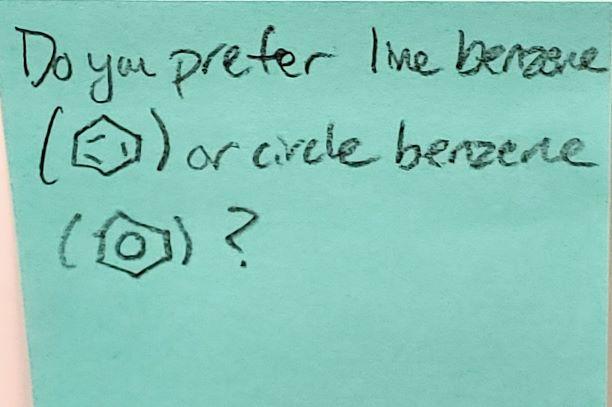
The circle may give a better sense of what the electrons are actually doing, but the lines may help when you’re trying to relate specific things going on with the bonds. Both are generally recognized and understood.
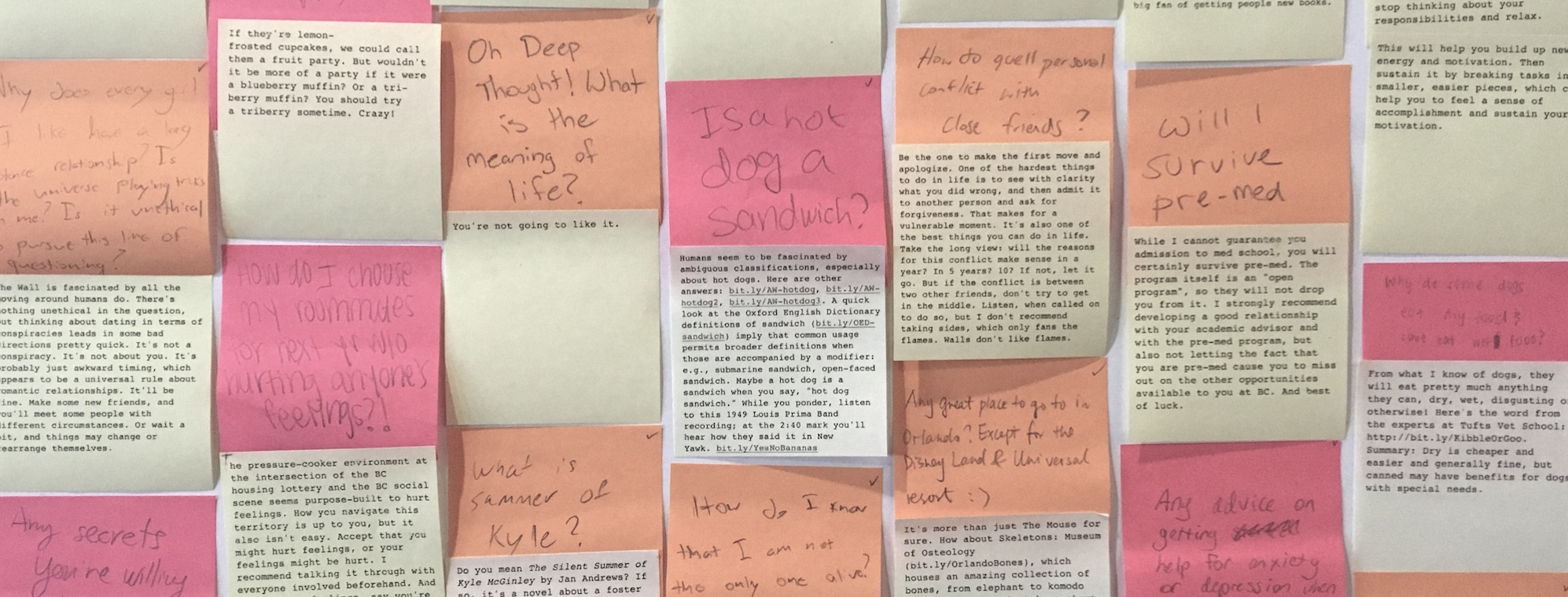
Answering questions at Boston College O’Neill Library

The circle may give a better sense of what the electrons are actually doing, but the lines may help when you’re trying to relate specific things going on with the bonds. Both are generally recognized and understood.
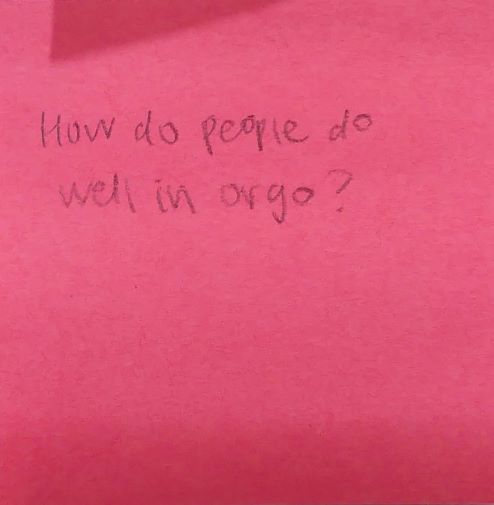
Orgo is one of the subjects I hear about frequently. Most students find it challenging. Things that can help are: forming a study group, getting peer tutoring at the Connors Family Learning Center (bit.ly/BC-connors), and going to your professor’s office hours and asking questions. But there’s no getting around the need to spend a lot of time studying. Best of luck!
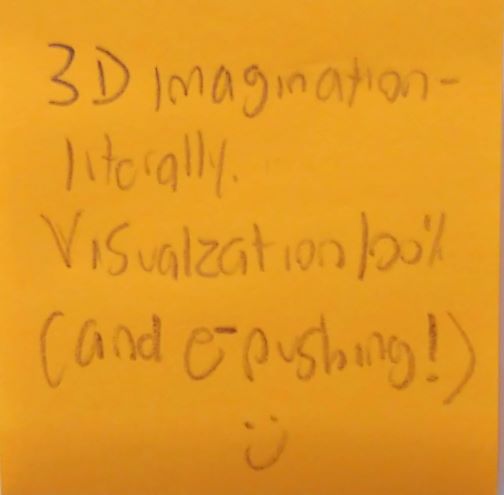
If someone doesn’t already have 3d imagination, perhaps they could learn it from viewing 3d visualizations of chemical structures, such as with molview.org. These electron-pushing (e-pushing) diagrams might also be helpful: bit.ly/uw-e-pushing
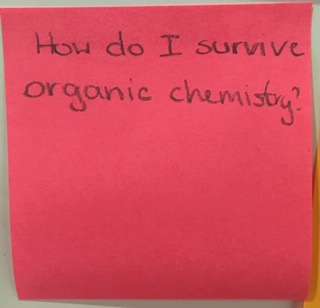
Mostly through hard work and putting in the time. Orgo isn’t easy! But you can do this, and there is help. Try the Connors Family Learning Center (bit.ly/BC-connors) and maybe form a study group in your class.
![Orgo is so hard ',( [drawings of molecules] [response: same] [response: [in Chinese]]](https://library.bc.edu/answerwall/wp-content/uploads/2019/09/AW09252019-06.jpg)
It’s generally acknowledged to be one of the more challenging subjects. The labs can be fun, though! Ask for peer tutoring at the Connors Family Learning Center (bit.ly/BC-connors) and/or form a study group with your classmates. You can do this. (And, oh, yeah – I totally appreciated the orgo pun in Chinese. We could bond over that. Covalently.)
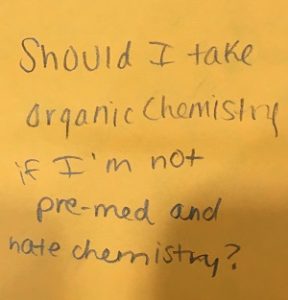
There are people who hate General Chemistry, but enjoy Organic; very different experiences. The labs can be quite exciting. I won’t kid you; it’s a very tough course. You’d be in there with all the premeds, so the tension level can get intense. I’d talk it through with your Academic Advisor. Maybe you’d thrive on the challenge; as the Organic Chemist said, “It takes alkynes…”